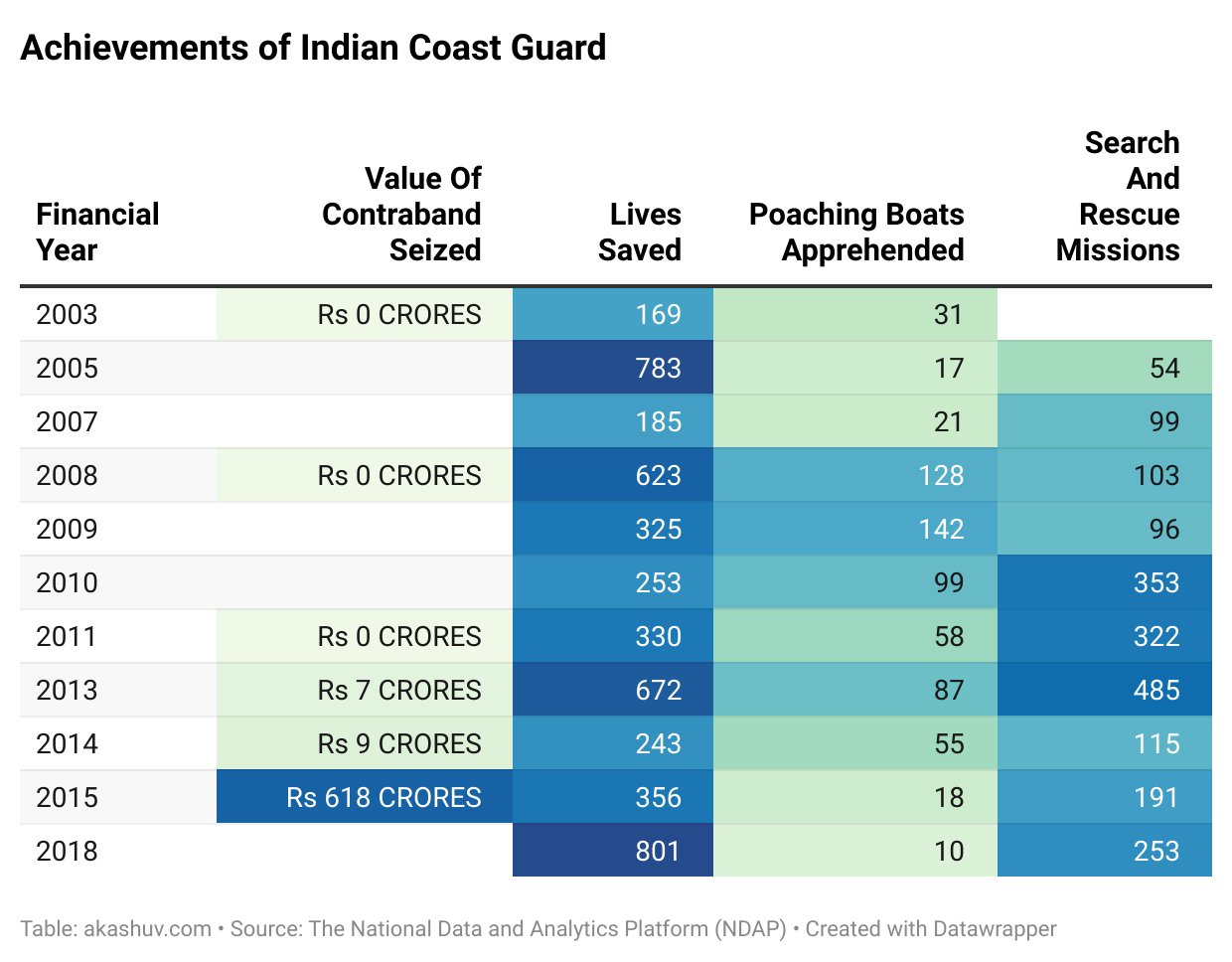How Is a BBA Different from Other Courses? A Guide for Students Preparing for College
Introduction: Why Choosing the Right Course Matters
As high school graduation approaches, the question of what to study in college becomes a critical decision. For students intrigued by business, management, or entrepreneurship, a Bachelor of Business Administration (BBA) often comes to mind. But what sets a BBA apart from other undergraduate programs?
In this blog, we’ll explore the unique aspects of a BBA program, how it compares to traditional options like BA, BSc, or BCom, and why it might be the perfect fit for your career ambitions.
What Is a BBA?
A Bachelor of Business Administration is a professional undergraduate degree focused on equipping students with foundational knowledge in business management, leadership, and strategy. It combines theoretical learning with practical applications, preparing students to enter the business world with confidence.
Key Features of a BBA:
- Specialized Focus: Emphasis on business and management disciplines.
- Skill-Oriented Learning: Hands-on exposure to business tools and scenarios.
- Industry-Relevant Curriculum: Designed to meet the demands of modern workplaces.
How Does a BBA Compare to Other Courses?
BBA vs. BCom (Bachelor of Commerce)
- Curriculum:
BCom focuses on accounting, finance, and economics, while a BBA emphasizes managerial and leadership aspects, including marketing, HR, and operations. - Career Pathways:
BCom graduates often pursue roles in accounting or finance, while BBA graduates are equipped for managerial positions, entrepreneurship, or further studies like an MBA. - Approach:
BBA is more practical and industry-focused, whereas BCom leans towards theoretical learning.
BBA vs. BA (Bachelor of Arts)
- Curriculum:
A BA offers broad knowledge in liberal arts or social sciences. A BBA, on the other hand, has a structured approach to business and management. - Career Pathways:
BA graduates often enter creative fields, while BBA students are groomed for business-centric roles. - Skill Development:
While a BA hones critical thinking and communication skills, a BBA emphasizes decision-making, strategic planning, and leadership.
BBA vs. BSc (Bachelor of Science)
- Curriculum:
A BSc is heavily focused on scientific and technical disciplines, while a BBA targets business strategy and management. - Career Pathways:
BSc graduates often go into research, technology, or specialized sciences, whereas BBA graduates pursue careers in management, sales, or entrepreneurship. - Nature of Learning:
BBA involves case studies, internships, and group projects, making it highly interactive compared to the theoretical and experimental nature of a BSc.

Why Choose a BBA?
1. Early Exposure to Business Concepts
A BBA introduces you to business principles right from the start. You’ll learn about topics like marketing, finance, human resources, and operations—all in your undergraduate years.
2. Career Readiness
Unlike many general degrees, a BBA prepares you for the workforce with practical skills such as negotiation, teamwork, and leadership.
3. Gateway to an MBA
If you aspire to pursue an MBA in the future, a BBA serves as a strong foundation, giving you an edge in admissions and coursework.
4. Networking Opportunities
Many BBA programs involve internships, seminars, and industry projects that help you build a professional network early in your career.
5. Versatility
The skills acquired in a BBA are transferable across industries, making it a versatile degree with diverse career prospects.
Is BBA the Right Choice for You?
Choosing a course depends on your interests and career aspirations. Here are a few questions to help you decide:
- Do you enjoy problem-solving, leadership, and teamwork?
- Are you interested in business, startups, or corporate environments?
- Do you want a practical, application-oriented degree?
If you answered “yes” to these questions, a BBA might be the ideal path for you.
Career Opportunities After a BBA
A BBA degree opens the door to various career paths, such as:
- Management Trainee: Entry-level roles in business operations or strategy.
- Marketing Executive: Assisting in advertising and promotional campaigns.
- HR Associate: Managing recruitment, payroll, and employee engagement.
- Entrepreneur: Starting and managing your own business.
- Further Studies: Pursuing an MBA or specialized certifications.
Conclusion: Make an Informed Choice
Deciding on a college course is a significant milestone in your academic journey. A BBA offers a unique blend of theory and practice, setting it apart from other undergraduate programs. Whether you aspire to lead a multinational corporation, start your own business, or simply explore the world of business, a BBA can be your launchpad to success.
Pro Tip: Always align your career choices with your passions and goals. Research well, and don’t hesitate to consult mentors or career counselors.
Reference:
Explore MBA Pathway Opportunities
Current Industry Trends in Business Management
Skill Development Resources for BBA Students
artifical intelligence












Leave a Reply